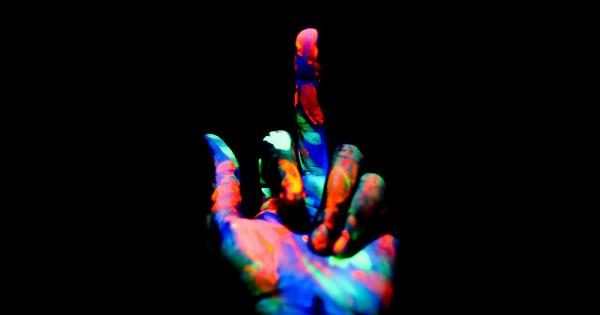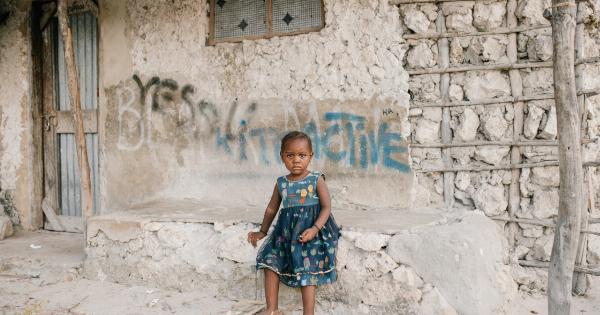Sleep is essential for good physical and mental health. It allows our bodies to rest and repair, and our minds to consolidate memories and process emotions. However, despite the importance of getting enough sleep, many people struggle to do so.
Busy schedules, stress, and distractions such as electronic devices can all interfere with a good night’s rest. Unfortunately, insufficient sleep can have a negative impact on our behavior, including reduced generosity and increased antisocial behavior.
Effects of Insufficient Sleep on Generosity
Research has found that people who don’t get enough sleep tend to be less generous than those who do.
A study published in the journal Sleep found that participants who were sleep-deprived for just one night were less willing to donate money to a charity than those who had a full night’s sleep. The sleep-deprived participants also reported feeling less empathetic toward the people in the charity’s promotional materials.
Why does lack of sleep reduce generosity? One theory is that it affects the brain’s reward center, making us less sensitive to positive stimuli such as giving to others.
Another theory is that sleep deprivation increases feelings of stress and anxiety, which can make us more self-centered and less concerned about the needs of others.
Effects of Insufficient Sleep on Antisocial Behavior
In addition to reducing generosity, insufficient sleep can also lead to an increase in antisocial behavior. This can manifest in a variety of ways, from irritability and aggression to a lack of empathy for others.
Research has found that people who don’t get enough sleep are more likely to engage in reckless and impulsive behavior, and may have difficulty managing their emotions and regulating their impulses.
A study published in the journal Sleep found that adolescents who reported getting less than 8 hours of sleep per night were more likely to engage in risky behaviors such as substance abuse, fighting, and weapon carrying.
Another study found that adults who were sleep-deprived were more likely to behave unethically in a workplace setting, such as lying, stealing, or cheating.
The Role of Sleep Hygiene
While the negative effects of insufficient sleep on behavior are concerning, there are steps that individuals can take to improve their sleep hygiene and reduce the risk of these negative outcomes.
Sleep hygiene refers to the habits and practices that contribute to good sleep, such as establishing a regular bedtime routine, limiting caffeine and alcohol intake, and avoiding electronic devices in bed.
By prioritizing good sleep habits, individuals can improve the quality and quantity of their sleep, which can in turn lead to greater generosity and more positive social behavior.
This can have a ripple effect, as these positive behaviors can improve social connections and foster a sense of community.
Conclusion
Insufficient sleep can have far-reaching effects on our behavior, including reducing generosity and increasing antisocial behavior.
In a society that values community and connection, it’s important to prioritize good sleep hygiene in order to promote positive social behavior. By making sleep a priority, individuals can improve their own well-being as well as that of those around them.




























